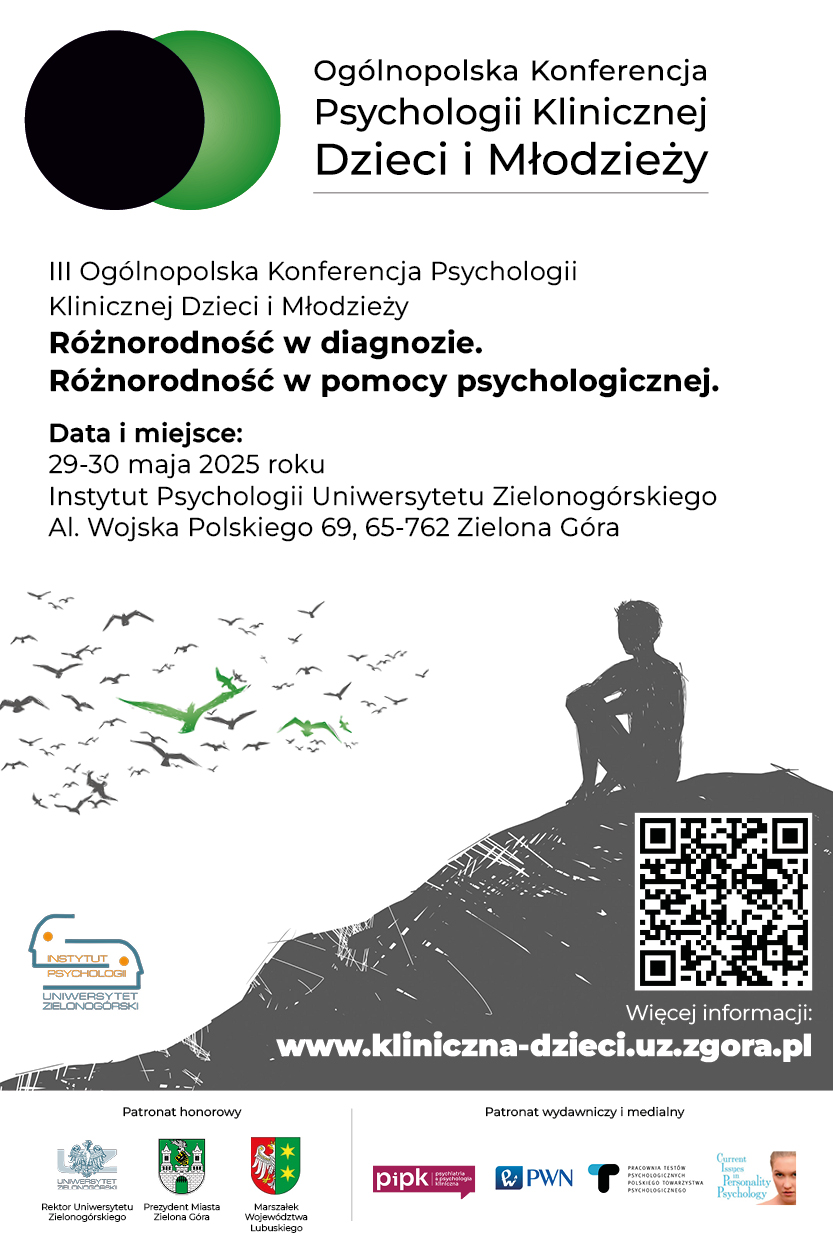Complex post-traumatic stress disorder: a breakthrough in treating personality disorders
Radosław Tomalski, Igor J. Pietkiewicz
 Affiliacja i adres do korespondencji
Affiliacja i adres do korespondencjiComplex post-traumatic stress disorder (complex PTSD, cPTSD) is a new diagnosis in the 11th edition of the ICD (International Classification of Diseases) psychiatric classification. It combines the symptoms of post-traumatic stress disorder and personality disorder. The article elaborates on the history of this diagnosis and its previous conceptualisations. The criteria for cPTSD include the symptoms of post-traumatic stress disorder (re-experiencing, avoidance and sense of threat) and three groups of symptoms defined as disturbance of self-organisation: affective dysregulation, negative selfconcept, and disturbances in relationships. Similarities and differences between borderline personality disorder and cPTSD are illustrated based on latest research. First of all, the key role of dissociation as the pathomechanism of cPTSD is postulated. This is important from the clinical perspective as many patients who meet the diagnostic criteria of the latter disorder are misdiagnosed and treated as personality disorder cases, without implementing therapeutic standards that have been developed so far for people suffering from post-traumatic symptoms. The use of phase-oriented trauma treatment, which emphasises the need for achieving certain stability of symptoms and functioning before working on traumatic events, is one of such important modifications.






















